紡織行業(yè)及可持續(xù)發(fā)展
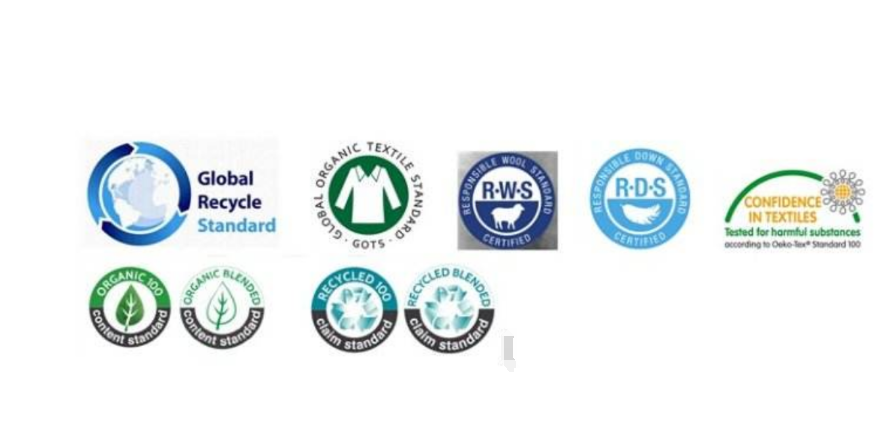
紡織和服裝行業(yè),包括產(chǎn)業(yè)用和服裝生產(chǎn)使用的纖維及紡織品,是世界上最重要且高度一體化的全球市場(chǎng)之一。隨著世界人口的增加,紡織品和服裝產(chǎn)品的消費(fèi)量也隨之增加,從而影響了服務(wù)和采掘業(yè)等許多行業(yè)。例如,紡織行業(yè)與能源、水、化工、石油、農(nóng)業(yè)和消費(fèi)產(chǎn)品以及零售、交通運(yùn)輸、休閑、體育和高級(jí)時(shí)裝等經(jīng)濟(jì)領(lǐng)域都有著緊密的聯(lián)系。
所有的紡織生產(chǎn)都會(huì)影響社會(huì)和環(huán)境。紡織行業(yè)逐漸認(rèn)識(shí)到他們?cè)谶@些領(lǐng)域活動(dòng)的影響并為之承擔(dān)責(zé)任。自發(fā)的第三方認(rèn)證在可持續(xù)發(fā)展方面做出的努力和表現(xiàn),已成為紡織企業(yè)創(chuàng)造和傳遞價(jià)值及透明度的重要部分。我們顯然需要更完善的報(bào)告和認(rèn)證體系,比便更清晰地傳達(dá)紡織工廠在提高社會(huì)、環(huán)境和經(jīng)濟(jì)表現(xiàn)效率的同時(shí),如何減少對(duì)環(huán)境和社會(huì)挑戰(zhàn)。
The textile and apparel industry, which includes fibres and textilesfor technical and apparel production, is one of the world’s most im-portant and highly integrated global markets. As the world popula-tion increases, consumption of textiles and apparel products alsoincrease. This influences numerous industries within the serviceand extractive sectors. For example, the textile industry has stronglinks to energy, water, chemicals, petroleum, agriculture and con-sumer products as well as to the retail, transport, leisure, sportsand high fashion segments of the economy.
All textile production influences society and the environment. In-creasingly, the textile industry has recognised and is taking respon-sibility for the impacts of their activities in these areas. Voluntarythird-party certification of sustainability efforts and performancehas become an important part of creating and communicating valueand transparency by textile firms. There is a clear need for betterreporting and certification systems to communicate more clearlyhow textile factories are addressing the reduction of environmentaland social challenges while increasing efficiencies in social, envi-ronmental and economic performance.

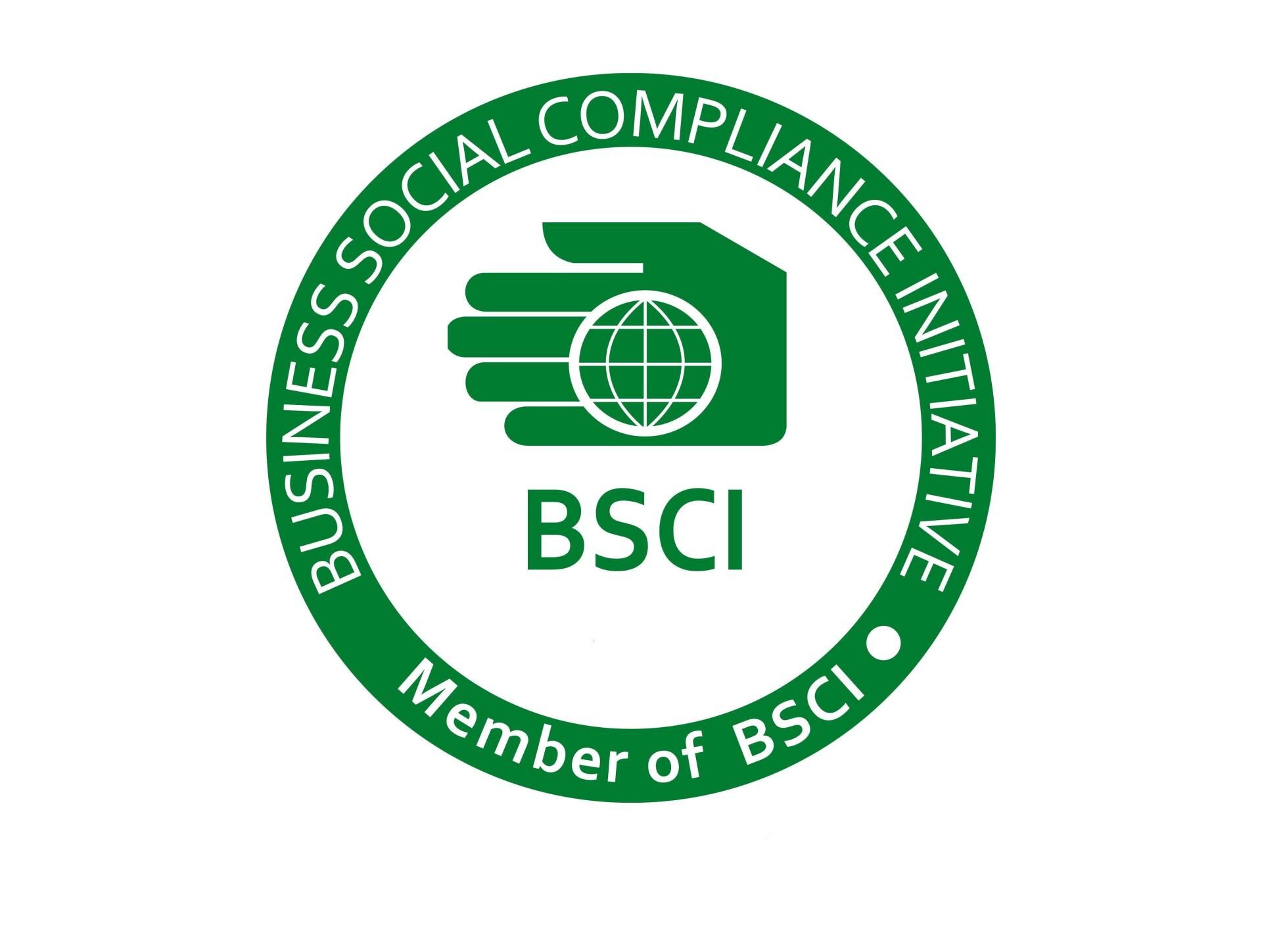
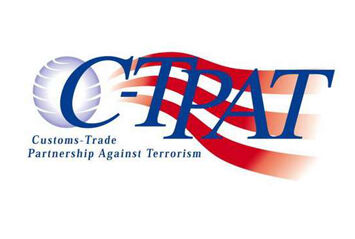
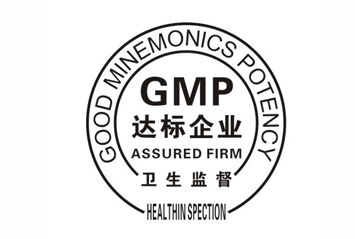

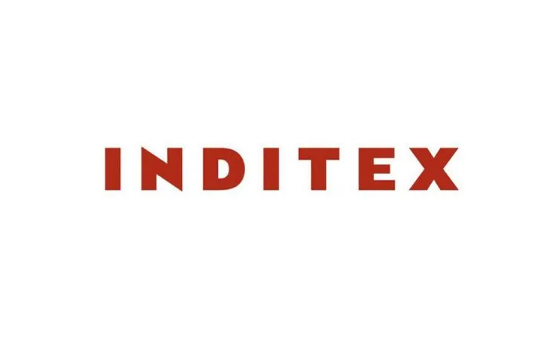

共有條評(píng)論 網(wǎng)友評(píng)論